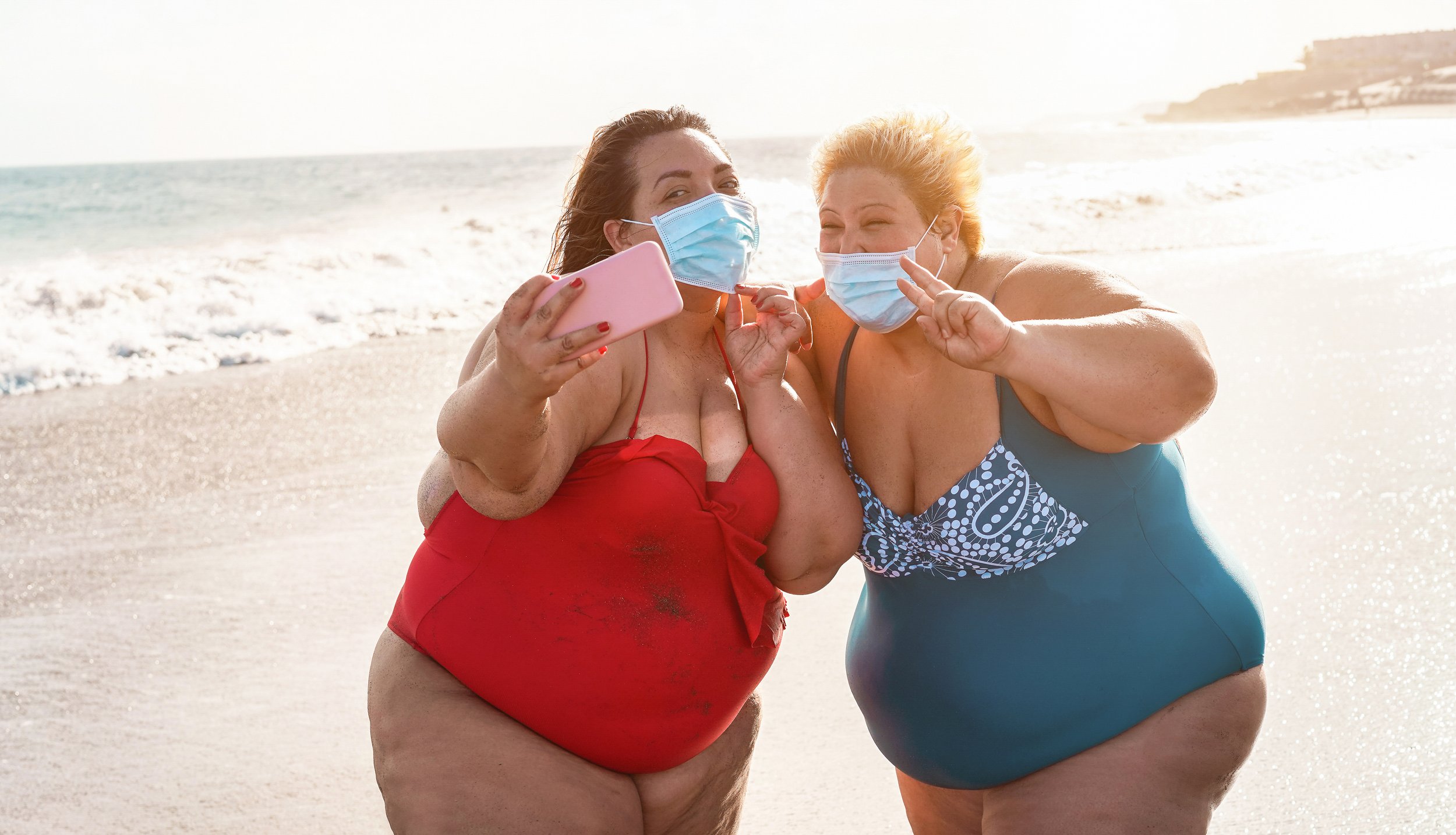Ambiguous Loss & Covid
Last week I did a training for a therapy practice and asked the staff to reflect on their memories of when we first went into Covid lockdown. We all shared similar experiences of anxiety, grief, frustration, fear, anger, loneliness, and despair. As therapists shared their stories, I could see the tension in the room building and the stress in their voices. It makes me wonder, have we spent enough time processing the trauma we survived, how we have changed, and what we have lost?
Ambiguous loss, coined by Dr. Pauline Boss, refers to loss without closure. Covid-19 shattered our understanding of the world and how we live. What continues to be especially painful about Covid-19 is that it is ongoing; new reminders of our trauma constantly trigger us. A sore throat, a death anniversary, a covid exposure, or a television show may bring up in us the same stress and uncertainty that we lived through. How do we begin to process the trauma we continue to survive?
1. Name or write out how Covid changed you. Recently my wife and I reflected on how we have changed and how our day-to-day is different because of Covid. Naming our adaptation helped us better understand our shared experiences and validate our grief.
2. Make meaning out of your pandemic experience. How did you and your family adapt to survive? What were the strengths that helped you to get through this ongoing tragedy? How has your resiliency surprised you?
3. Share your experiences with your community and find a connection in your shared pain. Pain is lessened when it is shared. There is power in community bearing witness to our stories of survival and connecting through shared journeys.
4. Acknowledge that there may not be closure for this pandemic, and learn to live in uncertainty. The pandemic is ongoing, and our world is forever changed by Covid-19. Often the hardest part of grief work is acceptance. Acceptance does not mean that you are no longer in distress or that you wanted Covid to happen. It simply means acknowledging that you and our world are different.

